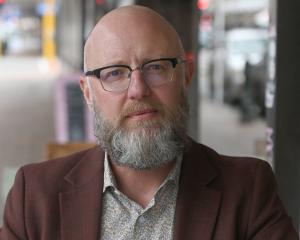
Study co-leader Prof Barry Taylor said the sleep lessons appeared to have cut the obesity rate by 50%.
''One of the ... things about the study is it did seem to approximately halve the rate of obesity, but we don't quite know exactly how.''
Parents were told not to sing to babies or carry them around when trying to get them to sleep. They were told to put them down in a quiet, reasonably dark place.
''What you are trying to do is to teach them to self-regulate, to teach them how to go to sleep by themselves,'' Prof Taylor said.
That meant the babies learned to recognise when they needed sleep.
It was possible the self-regulation inherent in learning to sleep without parental stimulation meant infants were less likely to overeat.
''We think it works through some kind of subtle parenting change ... in the end we actually want babies and young children to listen to their body and eat when they're hungry.''
Sleep lessons made no difference to the duration or quality of the sleep.
The study involved 802 Dunedin families split into groups that received different levels of help and advice.
One group received additional support around food, exercise, and breast-feeding; another group received the sleep programme, and some families received all the interventions.
The extra advice on food, activity, and breast-feeding resulted in no change in obesity levels, which surprised the researchers.
Prof Taylor is a paediatrician at the Dunedin School of Medicine.
The study co-leader was Prof Rachael Taylor, the director of the Edgar Diabetes and Obesity research centre.
Families in the sleep group had one class before the baby was born, and a personal visit from a sleep nurse when their baby was three weeks old.
Some families requested extra help if their baby still had difficulties sleeping after six months of age.
The two-year Prevention of Obesity in Infancy study has been published in the journal Pediatrics.











